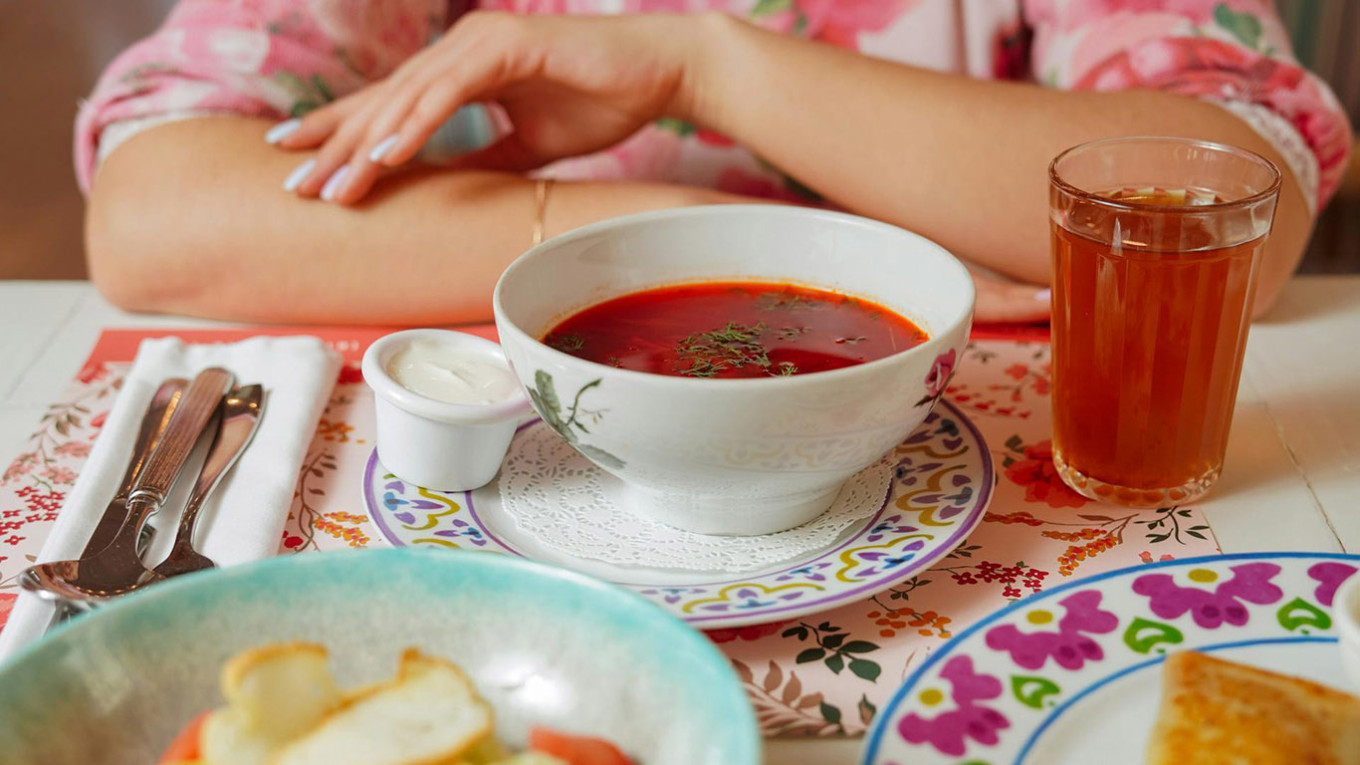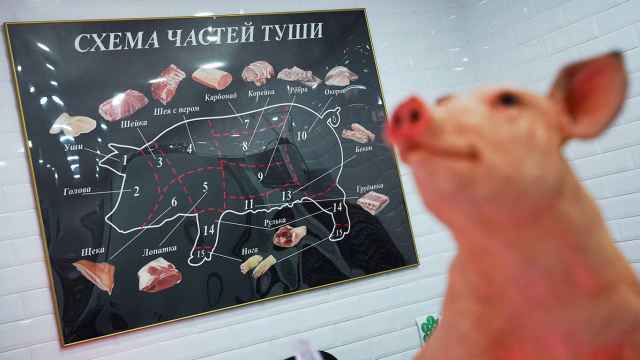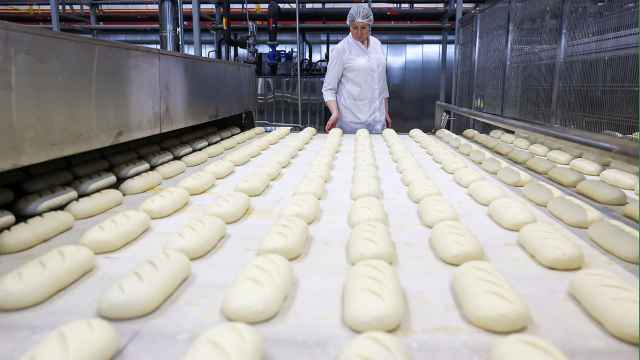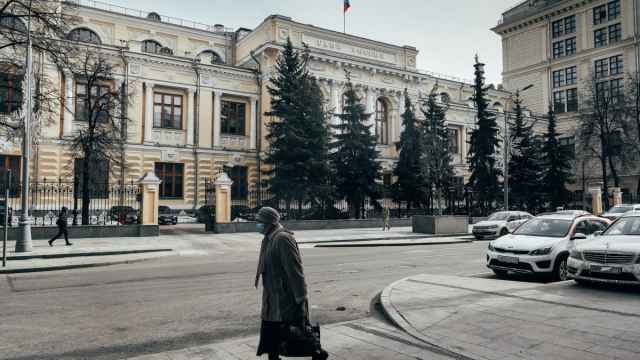The price of vegetables needed to cook borscht has risen sharply in Russia over the past year, the Kommersant business daily reported Thursday, citing state data.
The so-called "borscht index" has been used as an indicator of economic well-being in eastern European countries, as the traditional soup's ingredients include staple products commonly found in kitchens across the region.
With the exception of potatoes, which saw a staggering 166.5% increase in price over the past year, onions and cabbage experienced the sharpest price hikes among vegetables used in borscht.
The average retail price of onions was up 87.2% year-over-year in May, reaching 72.3 rubles ($0.91) per kilogram, Kommersant reported, citing data from state statistics agency Rosstat.
White cabbage rose by 56.8% over the same period, with prices hitting 75.2 rubles ($0.94) per kilogram.
Meanwhile, beet prices rose by 11.9% and tomatoes by just 1.2%, according to Rosstat.
Underperforming crop yields are one of the main factors behind the spike in prices, analysts told Kommersant.
Onion and cabbage crops fared poorly in one of their key growing regions, the Volgograd region, due to drought and water supply issues, another expert told Kommersant.
A farmer interviewed by Kommersant added that rising costs for fertilizers and crop protection chemicals have pushed up production expenses for growers.
The Agriculture Ministry has said that it plans to expand vegetable planting areas this year, a move it believes will help stabilize prices in the upcoming harvest season.
Amid stubborn inflation, the share of Russians' income spent on groceries has reached its highest level since the invasion of Ukraine, according to analysts at Romir.
On average, 34.6% of Russians' household spending went towards food in April 2025, up from 33% at the start of the year and 28.6% the year before.
A Message from The Moscow Times:
Dear readers,
We are facing unprecedented challenges. Russia's Prosecutor General's Office has designated The Moscow Times as an "undesirable" organization, criminalizing our work and putting our staff at risk of prosecution. This follows our earlier unjust labeling as a "foreign agent."
These actions are direct attempts to silence independent journalism in Russia. The authorities claim our work "discredits the decisions of the Russian leadership." We see things differently: we strive to provide accurate, unbiased reporting on Russia.
We, the journalists of The Moscow Times, refuse to be silenced. But to continue our work, we need your help.
Your support, no matter how small, makes a world of difference. If you can, please support us monthly starting from just $2. It's quick to set up, and every contribution makes a significant impact.
By supporting The Moscow Times, you're defending open, independent journalism in the face of repression. Thank you for standing with us.
Remind me later.






